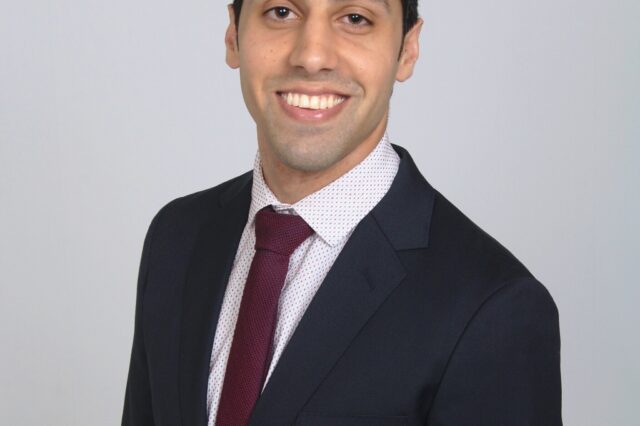Among Twitter users, plastic surgery could benefit from rejuvenation

When it comes to Twitter, the term “plastic surgery” could use some rejuvenation.
In one of the first and largest studies of its kind, a University of Florida Health surgeon and his colleagues analyzed more than 1 million Twitter posts to gauge the public’s sentiment toward plastic surgery. Among a group of four surgery keywords — plastic, cosmetic, aesthetic and reconstruction — the word “plastic” was frequently used on Twitter but finished dead last in positivity scores, the researchers found.
“Tweets with the word ‘plastic’ surgery in them were more negatively associated than other, similar words,” said Mustafa Chopan, M.D., a resident in the UF College of Medicine’s plastic and reconstructive surgery division.
Using a sentiment-analysis technique known as hedonometrics, Chopan and his collaborators at the University of Vermont’s Computational Story Lab and Larner College of Medicine did a deep dive on Twitter. Their aim was to calculate the average “happiness score” for tweets related to plastic surgery. The findings were published recently in the journal Plastic and Reconstructive Surgery.
The average “happiness score” is based on a weighted mathematical formula that considers each word’s frequency and underlying sentiment. Although “plastic” was the most popular term for Twitter users, it had the lowest positivity score (5.72) compared with “cosmetic” (6), “aesthetic” (6.16) and “reconstruction (6.09).”
Studying the public’s attitudes is important because it can help guide plastic surgeons’ social networking practices, Chopan said. Until now, there has been scant evidence to help with that. Surgeons also tend to think of their reconstruction, aesthetic and plastic surgery work homogeneously, while patients and the public view them as more distinct, he added.
“Changing the public’s perception of plastic surgery is hard to do, but the most important thing is for surgeons and health care professionals to be active and have a voice on social media,” Chopan said.
So why is the Twitterverse not so fond of the word “plastic” when it comes to surgery? Chopan believes it has to do with accompanying words: Tweets containing the word “plastic” were more likely to also have one or more negative words such as “ugly,” “bad,” “fake,” “addicted,” and “fails.” Tweets involving the other surgical keywords — cosmetic, aesthetic and reconstruction — were less likely to have those negative associations, the researchers found. In particular, reconstruction had a higher happiness score because it was often wrapped in a host of positive words such as “honor,” “respect” and “recovery.”
“Reconstruction was associated more positively than plastic surgery as a term because of the presence of supportive words like “honor” and “amazing,” Chopan said. “Perhaps it is seen as more of a courageous effort or procedure as opposed to beautification.”
Future studies should focus on other social media platforms to better understand the public’s sentiment and perceptions of plastic surgery, the researchers noted.
About the author
